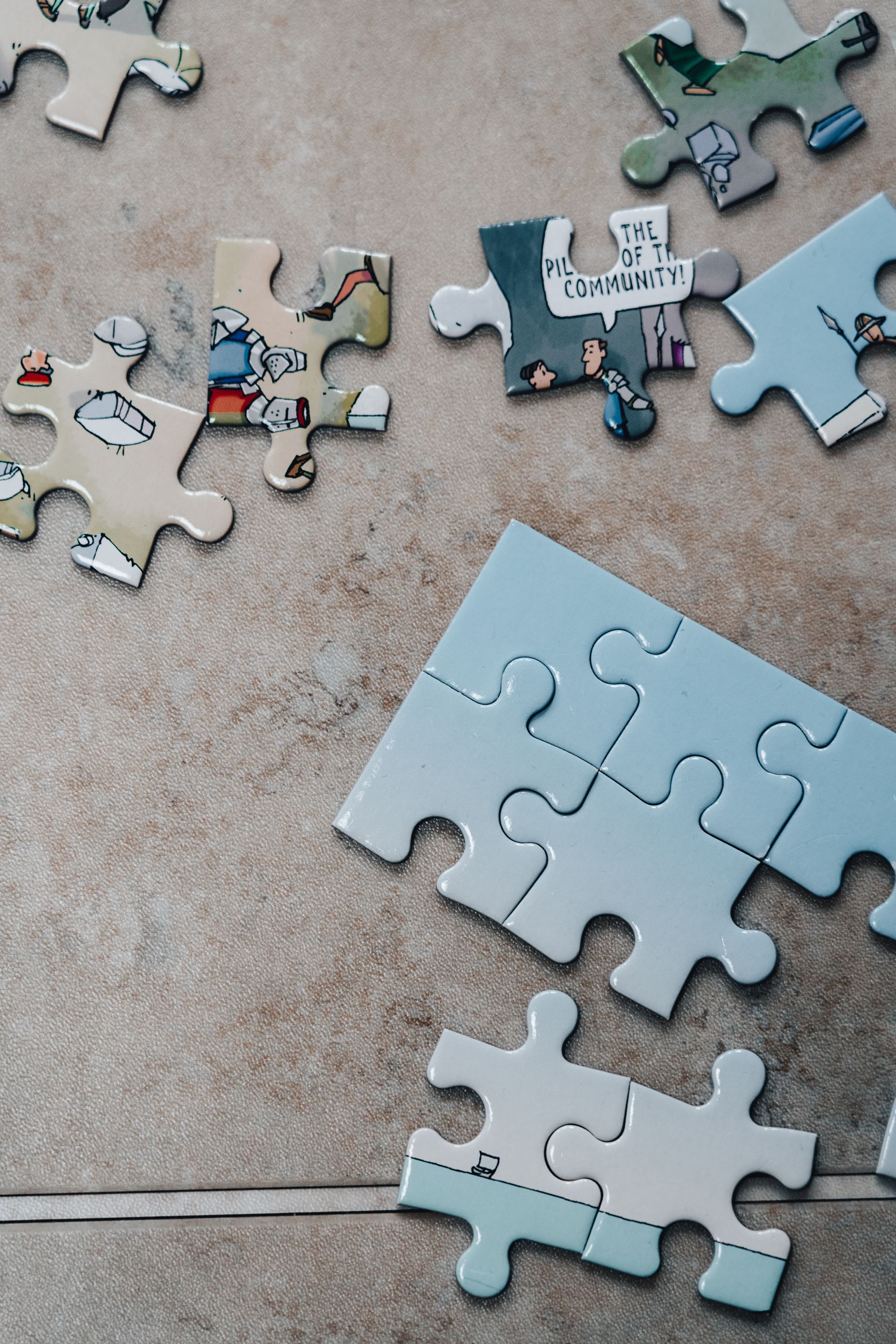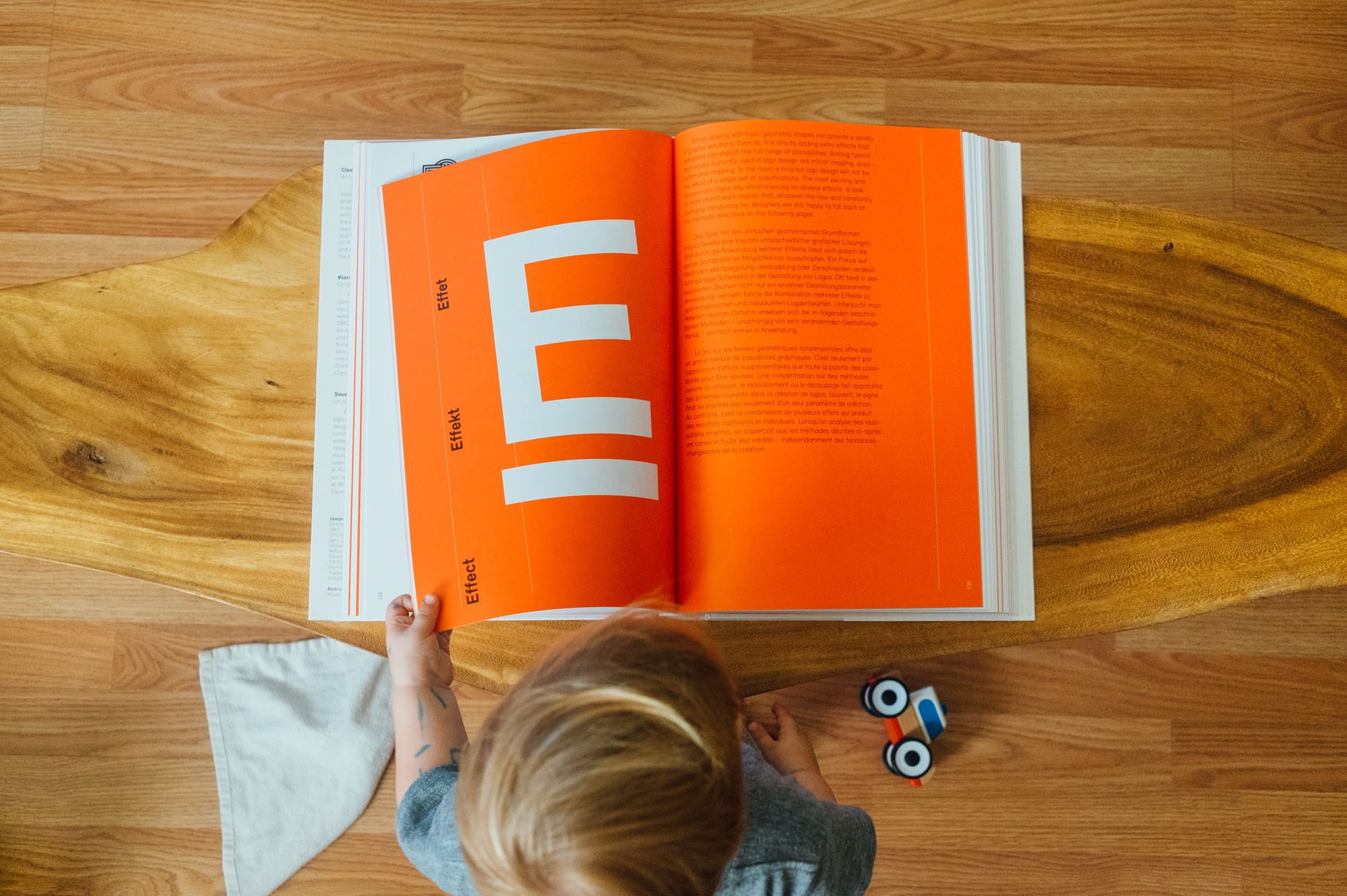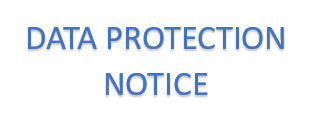Autism Spectrum Disorder
What is Autism?
Autism, also known as Autism Spectrum Disorder (ASD), is a life-long neurodiverse condition that affects the way you think and perceive the world around you. It is a spectrum condition, which means it affects people in different ways. Therefore the experience of living with autism is different for everyone.
It isn't clear what causes autism, but there are likely several contributing factors to it, which result in a varied spectrum of differences that we call autism.
If you have autism, you may experience things differently to non-autistic people. For example, you may:
- Communicate differently. For example, you may take longer than others to understand what somebody is saying. You may also take what people are saying very literally, such as struggle with understsnding sarcasm. This doesn’t mean that you can’t make positive relationships. But you may need some help understanding non-autistic people’s language and behaviour.
- Have different sensory needs. Autistic people may experience sensory information differently. For example, you might find bright lights, loud noises, touch, or certain smells overwhelming.
- Think different. Autistic people may think in a rigid way and find it difficult to consider alternatives. The patterns of thinking also mean that changes to routine can be difficult to accept. Therefore, people with autism may find repetitive activities comforting.
Specialist support can aid with some of these challenges experienced as a person with autism, so that you can live the way you want to.

Around 1 in 100 people are on the autistic spectrum.
Do I need a formal diagnosis?
Some people find that Autism does not affect thier day to day life, as they manage school, work, relantionships and activities happily. These people do not necessarily require a formal assessment and diagnosis of Autism. However, some people may have significant difficulties in social interaction, communication, or struggle with repetitive behaviours that create difficulty in everyday life. These people are at risk of further developing mental health problems and they would likely benefit from official assessment and support.
If you think that it is you, please fill in the AQ-10 screening form.
Autism diagnostic service – see your GP for a referral to NHS Mental Health Team (CAMHS for under 18’s). Bring the completed AQ-10 form with you. Mental health professionals can provide the diagnosis or refer to Number 6 One Stop-Shop directly for diagnostic service.
More info & Support
General Information & Advice - Scottish Autism Website
Clinical Guidelines & Recommedations booklet explains what care you are likely to get and expect in Scotland.
SWAN - Scottish Women Autism Network
1-1 autism advice – Number 6 (here) offer individual appointments and drop in sessions to discuss issues ranging from employment, housing and benefits, as well as problem solving in areas of education, mental health and relationships. Note: formal diagnosis of autism required.
Autism Alert Cards – autism information cards issued by Lothian & Borders police. To register contact Number 6 or Autism Initiatives staff for registration form.
PASDA- Support for families of autistic adults who live in Edinburgh and the Lothians.
Help at Work for people with Autism
1/70 people in UK have ASD but only 3/10 of those affected are in employment. The LWSS at NHS lothian is a free occupational therapist led service who specialise in vocational rehabilitation offering free and confidential work focussed healthcare support.
They are able to support and identify work related strengths and challenges and encourage people improving their confidence to be self-advocating in various workplace environments.
The team accept referrals for both mental and physical conditions, and they must be currently in employment to access the service.
You can self refer by calling the number: 0131 537 9579 or email voc.rehab@nhs.scot.

Terminology
There is an ongoing debate over how individuals with a diagnosis of autism wish to refer to themselves and/or their diagnosis. Phrases such as ‘person with autism’, ‘autistic person’ and autism spectrum disorder (ASD) are typically used in practice. However, it is recognised that individuals can feel strongly about the language used to describe them. Therefore, it is important to always prioritise the views and preferences of autistic people themselves. You may also come across the term 'Asperger’s syndrome'. It is related to autism, but doctors don't diagnose this anymore.
Adults with Autism

1-1 autism advice – Number 6 (here) offer individual appointments and drop in sessions to discuss issues ranging from employment, housing and benefits, as well as problem solving in areas of education, mental health and relationships.
Note: formal diagnosis of autism required to access this service and with the following criteria:
· 16 and over
· Formally diagnosed with autism
· No additional learning disability
· Resident in Edinburgh, the Lothians or the Scottish Borders.
- Please note referral to this Service comes from NHS Community Mental Health Team.
Children With Autism
Branch Out Together (formerly Lothian Autistic Society)
www.branchouttogether.org , tel: 0131 661 3834
Provide social activities for children and young people with autism thorughout Edinburgh and the Lothians. See below:
Basecamp: providing fun and exciting activities for children aged 5-8 to develop social skills through games, crafts and other projects.
Basecamp 2: an exciting group-based programme for young people aged 11 – 17 to increase independence, try new things and meet new people.
Branch Out: outdoor sessions at the Scottish Outdoor Education Centre for adventure seekers and nature lovers aged 16 – 18
Holiday Activity Programme: providing stimulating play environments for children aged 5-18 during the school holidays.
Saturday Adventure Team: a fortnightly service for children aged 5-18 to have fun and make friends at the weekend
National Autistic Society - www.autism.org.uk - National Autistic Society has a very good website that offers information and support for children and their families on behaviour, benefits and education rights
Tel: 0207 833 2299
Scottish Autsim www.scottishautism.org have a good national advice line.
Tel: 01259 222022
Page created: 04 September 2020
